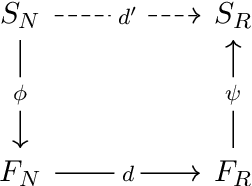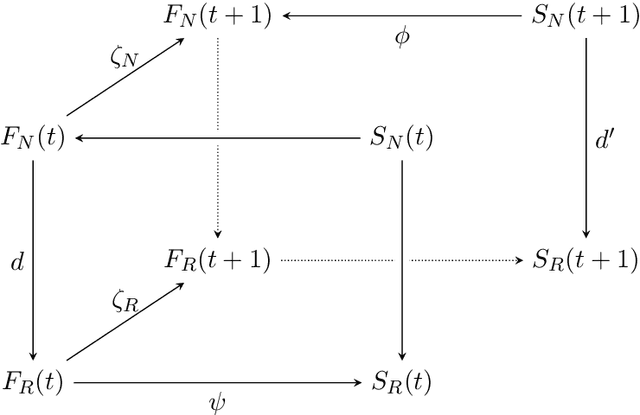David Thue
Solving Witness-type Triangle Puzzles Faster with an Automatically Learned Human-Explainable Predicate
Aug 04, 2023Abstract:Automatically solving puzzle instances in the game The Witness can guide players toward solutions and help puzzle designers generate better puzzles. In the latter case such an Artificial Intelligence puzzle solver can inform a human puzzle designer and procedural puzzle generator to produce better instances. The puzzles, however, are combinatorially difficult and search-based solvers can require large amounts of time and memory. We accelerate such search by automatically learning a human-explainable predicate that predicts whether a partial path to a Witness-type puzzle is not completable to a solution path. We prove a key property of the learned predicate which allows us to use it for pruning successor states in search thereby accelerating search by an average of six times while maintaining completeness of the underlying search. Conversely given a fixed search time budget per puzzle our predicate-accelerated search can solve more puzzle instances of larger sizes than the baseline search.
Towards a Formal Model of Narratives
Mar 23, 2021

Abstract:In this paper, we propose the beginnings of a formal framework for modeling narrative \textit{qua} narrative. Our framework affords the ability to discuss key qualities of stories and their communication, including the flow of information from a Narrator to a Reader, the evolution of a Reader's story model over time, and Reader uncertainty. We demonstrate its applicability to computational narratology by giving explicit algorithms for measuring the accuracy with which information was conveyed to the Reader and two novel measurements of story coherence.
 Add to Chrome
Add to Chrome Add to Firefox
Add to Firefox Add to Edge
Add to Edge